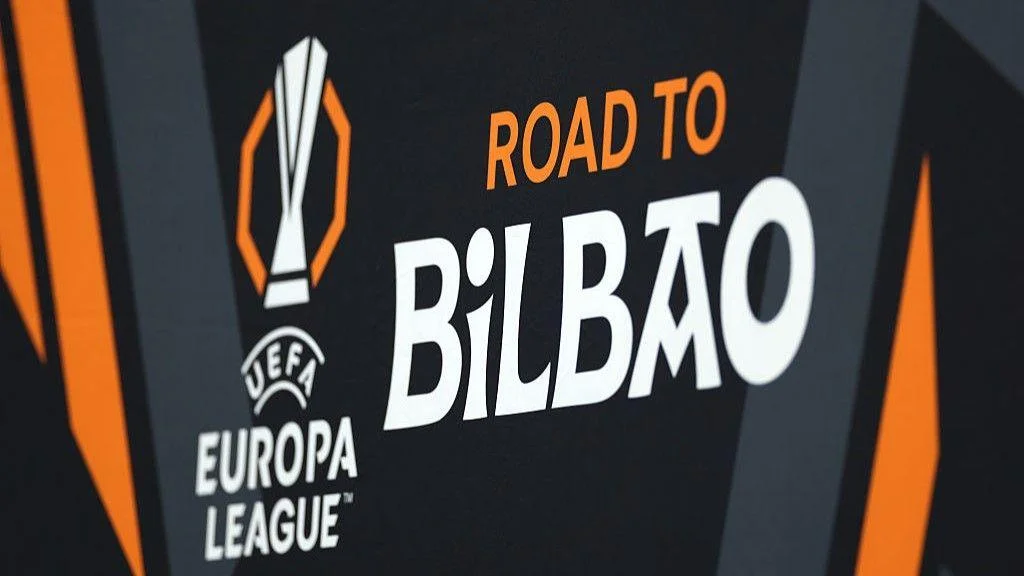
Will the Underdogs Rise? A Deep Dive into the Europa League Semi-Finals
As football enthusiasts across the globe turn their attention to the Europa League semi-finals, a thrilling narrative unfolds with the contrasting journeys of heavyweight clubs Manchester United and Tottenham Hotspur alongside the remarkable ascent of lesser-known Bodo/Glimt. This clash of giants and underdogs promises excitement, but it is not merely the stakes that capture the imagination; it's also the underlying lessons both teams can learn from their opponents.
Manchester United and Tottenham, despite their historic prowess and financial backing, find themselves on shaky ground. With a tumultuous Premier League campaign behind them, both teams see the Europa League not just as a trophy opportunity but as a lifeline to Champions League football for next season. The financial implications of this tournament are immense, with estimated earnings significantly boosting a club’s survival and competitiveness in future transfer windows.

On the other side of the pitch, Norwegian club Bodo/Glimt, with their success stemming from shrewd planning and a focus on nurturing local talent, tell a different story. Their rise to the semi-finals has been marked by a commitment to performance culture and strategic resource management, setting an example for the likes of United and Spurs who have, in contrast, struggled under the weight of massive budgets.
Defender Odin Bjortuft articulated the team's approach best by stating, “We only think it’s funny to show we can be as good as any name in the world.” His remarks encapsulate the team's philosophy: focusing purely on performance over the prestige of their opponents' names. This mindset turns traditional narratives on their head, providing a much-needed perspective amidst the pressures faced by the English clubs.

The financial reality looms large for the likes of United, with suggestions that their approach to transfers may dramatically shift depending on their Europa outcome. Reports suggest they could net a minimum of £70 million should they qualify for the Champions League, tipping the scales in negotiations with potential signings. It’s a precarious balance that highlights the connections between on-field success and financial viability.
As the semi-finals draw closer, both Bodo/Glimt and Athletic Bilbao serve as reminders of what can be achieved through dedication to a club’s identity and strategic foresight. Their stories advocate for a more sustainable approach to football, one that can resonate with both fans and the financial overseers of their clubs.
With the matches set to unfold, the juxtaposition of fan-owned clubs against billionaire-backed rivals not only sets the stage for an exciting competition but also poses a compelling narrative of meritocracy in the world of football. Will the giants reclaim their status or will the underdogs continue to surprise?
The upcoming ties promise not only to resonate in the record books but also to challenge our perceptions about success in modern football. Will you be watching, and do you think the tides will turn in favour of the underdogs?
We encourage readers to share their thoughts below and join the discussion on how football's evolving landscape is being shaped in these pivotal moments.